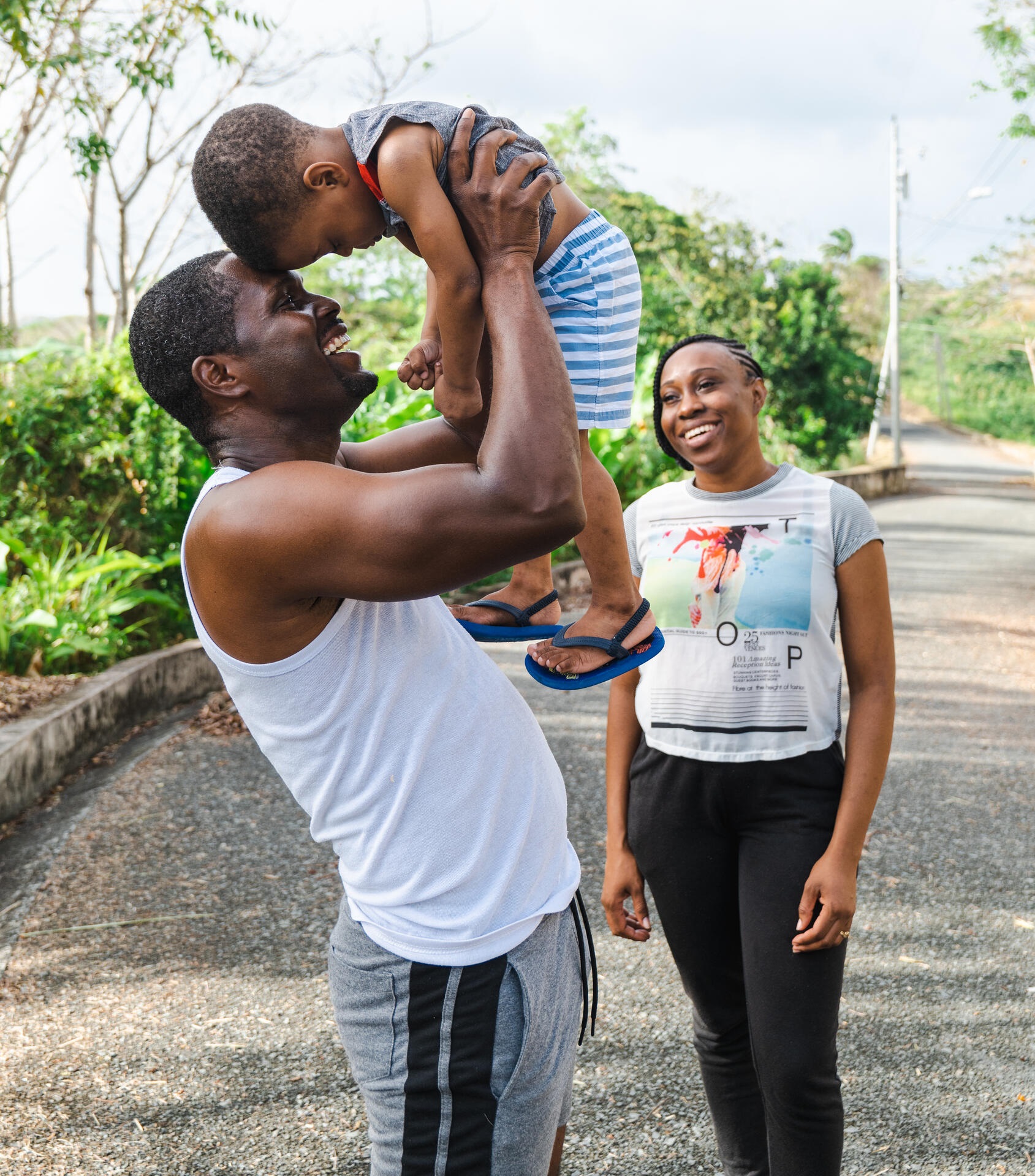Introduction
The WHO and other UN agencies have a mandate to implement a life course approach to ensure that health policies and strategies address needs across all life stages, as articulated in Sustainable Development Goal 3.
What is a life course approach and why is it needed?
A life course approach includes a good start to life, optimal development (of infants, children, adolescents and youth), adult health and well-being, healthy ageing, and a dignified death at any age. A life course approach recognizes how health trajectories are shaped over time by genetic, biological, psychosocial and environmental factors – starting before birth and extending into old age. Evidence from disciplines like biomedicine, epidemiology and social sciences affirms that experiences in critical and sensitive periods (e.g. early childhood, adolescence and mid-life) influence long-term outcomes and intergenerational health. The life course perspective incorporates transitions such as entering school, parenthood or retirement, while addressing cumulative mechanisms (e.g. chronic stress) and programming mechanisms (e.g. early nutrition) that influence lifelong health.
The goal of the life course approach is to:
- Optimize health trajectories across the life course – across generations and for the next generation.
- Build resilience and reserve capacities in each life stage – supporting every person and aligning goals across different sectors.
- Enable people’s well-being in every country at all ages.

Empowering communities to prevent and self-manage NCDs.
Work of the department on life course
To advance efforts to implement the life course approach in practice, WHO Department of Maternal, Newborn, Child and Adolescent Health and Ageing leads a collaborative programme to produce evidence and analyses supporting normative and technical work at the global level.
The programme of work brings together WHO departments and collaborating centres, a network of over 200 experts on individual life stages and life course, national institutes and civil society, as well as more than 15 life course research centres around the globe that are working towards a similar goal. This includes identifying gaps and priorities to generate new evidence and strengthen collaborations across researchers working on individual life stages or specific substantive areas.

A herder family in the central province in Mongolia.
Key publications

Creating healthy life trajectories: universal health coverage and a life course approach
Related publications
Making older persons visible in the sustainable development goals’ monitoring framework...
News
